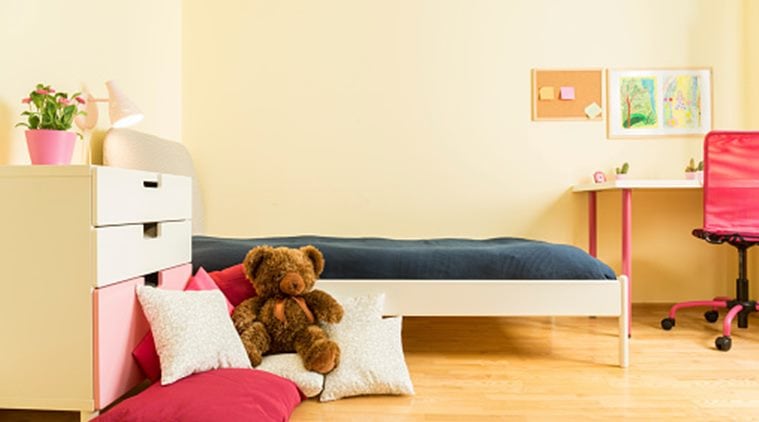Speaking to teachers of the new school to apprise them of the child’s anxieties will ensure they take care and facilitate new friendships. If possible, take the child to visit the new school before the formal joining so they know what to expect.

By Amita Bhardwaj
Moving to a new city can be an overwhelming experience especially for children for whom the move is akin to bidding adieu to everything familiar. Their anxiety stems from saying goodbye to their friends and teachers as also from the thoughts of adjusting to a new school and being the proverbial “new kid on the block” in trying to make inroads into an already established peer network. As a parent, it can be heartbreaking to see the child struggle with their fears even as you deal with the large amount of work that relocation necessitates.
If there are three things that can come in handy at this time, it is preparing the child well in advance for the move, keeping the lines of communication open at all times and, of course, to keep a positive outlook yourself.
Plan ahead
There is nothing better than beginning to prepare the child well in advance of the move. It is the lack of certainty and the feeling that nothing is in their hands that really stresses out children. This can to some extent be taken care of, by preparing the child for what is to come. Providing as many specific details of the new city and your home will ensure that the child is suitably prepared. It is also very important to involve the child in age appropriate decision-making about the move such as allowing them to choose the decor of their new room.

It is also important to explain to him that the important aspects of his life such as his pet or even his favourite toys will remain with him.
Above everything, ensure that both during the transition as well as post the relocation, the child knows that you are there to answer any queries that he might have. It is also important to acknowledge the child’s nervousness and not wish it away. The message that needs to go to the child is that while he or she is nervous about the move, you will do your best to ease the change as far as possible.
Keep to the routine
It helps during the transition phase to stick to the child’s routine for him or her to derive a sense of familiarity. This holds good for even when you have made the move so that the child derives comfort in unfamiliar surroundings. In fact, when setting up the house, ensure you do up the child’s room first so that he draws comfort from familiar objects.
Stay in touch with old friends
A large part of the anxiety for kids is to do with losing their friends as also worrying about how they will make new ones. It is important for you to communicate that relocation does not mean losing touch with old friends. Depending on the kid’s age, of course, you can suggest ways and means of keeping in touch, whether it is that once-a-week phone call, letter or staying in touch through social media. Also arranging for a goodbye party or helping them create a scrapbook with memories of their friends will help them make the transition smoothly.
Similarly, speaking to teachers of the new school before joining to apprise them of the child’s anxieties will ensure that they take good care and also facilitate new friendships. In fact, if possible, try and take the child to visit the new school before the formal joining so the child knows what to expect on that day.
Stay positive
If there is one mantra that can ease the entire process, it is for parents to remain positive. Focusing on the good things about the move yourself will help you point them out to the child. It could be the fact that you are moving to a bigger house, a better climate or an area that has more facilities, or even that the school has a swimming pool. In due course, the positivity will rub off on the child and he or she will start looking forward to it as a new adventure. Above everything make the move a family event, such that it helps the family bond strongly and support each other through the entire process.
Despite your best efforts do expect some angst when it comes to the child, so that you are prepared to handle the situation better and can help them do the same.
(The writer is VP-Curriculum, Footprints Childcare.)
Source: Read Full Article





